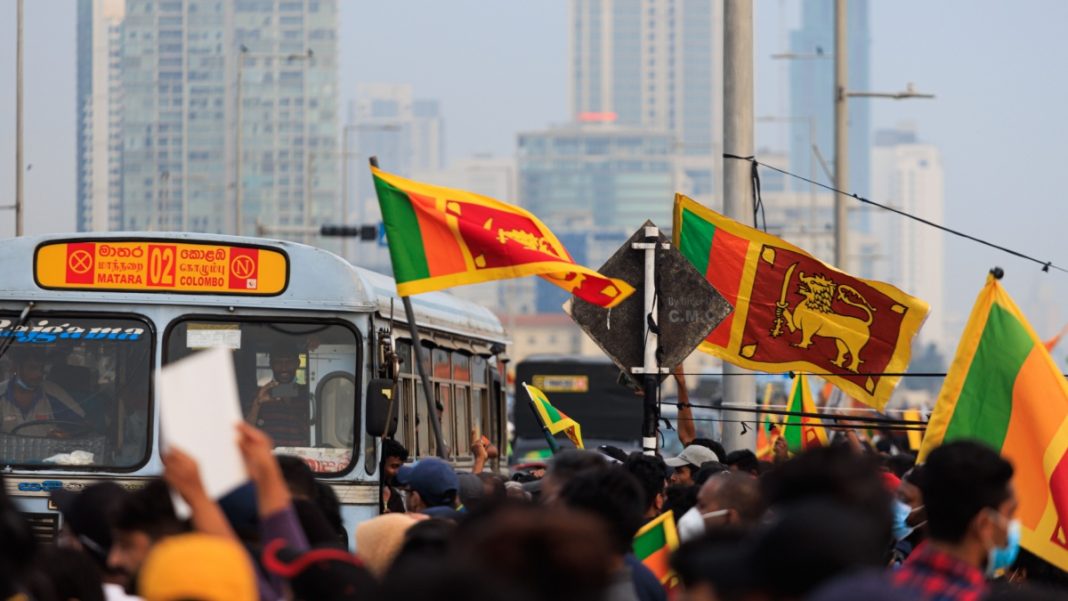
The President of Sri Lanka, Anura Kumara Dissanayake, has taken the country one step closer towards modernising its betting and gaming market.
According to The Island, Dissanayake has published a draft bill in the government’s gazette which, if approved by legislators, will establish a Gambling Regulatory Authority.
This would also repeal the three government ordinances which have regulated Sri Lankan gambling for decades; the Horse Racing Betting Ordinance, the Gambling Ordinance and the Casino Ordinance, the latter of which is the most recent dating back to 2010.
As it stands, the only legal forms of gambling allowed in Sri Lanka are on horse racing, such as at the Royal Turf Club in Nuwara Eliya, and at casinos such as the Bally’s Casino in Colombo, the nation’s largest city and judicial capital.
At this stage, it is not clear whether President Dissanayake’s proposed changes would expand the scope of the Sri Lankan gaming market and permit betting on other sports, such as hugely popular cricket, or the creation of physical casinos.
The only thing that is clear is that the bill would create a single Gambling Regulatory Authority tasked with overseeing the market and stakeholders compliance with established rules. Given that it will repeal the aforementioned ordinances, it can also be assumed that the legislation will concern matters like taxation as well.
How likely is Sri Lankan gaming modernisation?
These proposed changes have been in the pipeline since April. Speaking at the time, Dr. Nalinda Jayatissa, Minister of Health and Mass Media and Cabinet Spokesperson, said that the bill had been cleared by the attorney general and would subsequently be published in the gazette.
Now that it has been published, according to Sri Lankan media, the next stage is for the government to secure the approval of the 225 members of the country’s parliament.
As the largest party is the governing National People’s Power (NPP) with 159 seats, and which counts President Dissanayake as a member, the odds seem to be in gambling reform’s favour.
Elected in 2024, Dissanayake’s presidency has the politician embark on a campaign against organised crime and corruption. His desire to launch a regulator and modernise gaming regulation may fall in line with this, as such a move could provide a stronger bulwark against illegal gambling and the targeting of Sri Lankan’s by offshore unlicensed gaming firms.
The development may also be indicative of changing governmental approaches to gambling across Asia, with India’s eighth largest state, Karnataka, seeking to become the country’s fourth territory to launch an online gambling market, while further to the East there have been developments around casinos in Japan and Thailand.
These prospective changes have not been lost on international stakeholders. The CEO of Sportradar, an international sports data and tech firm with extensive commercial deals in betting, recently highlighted Sri Lanka as a market where the firm sees ‘long term opportunities’ in a call with investors, for example.